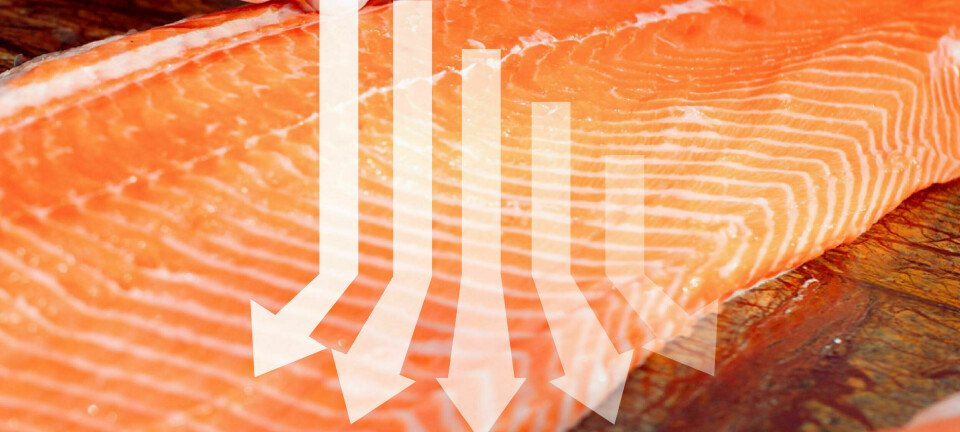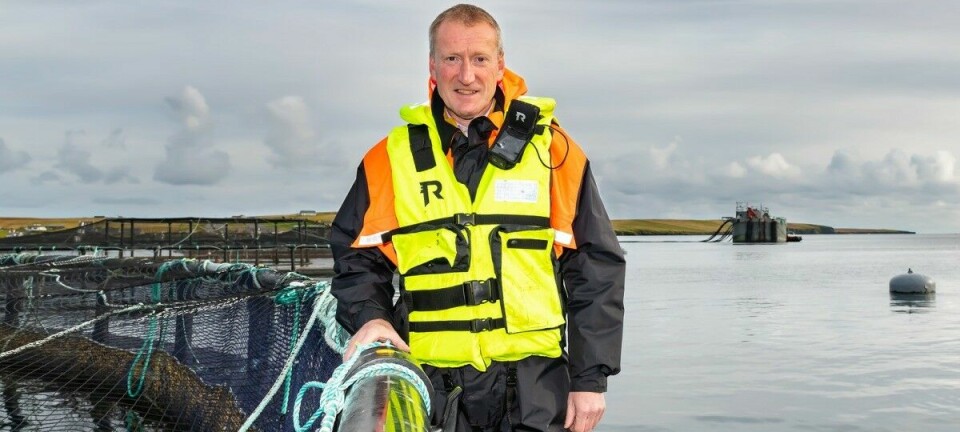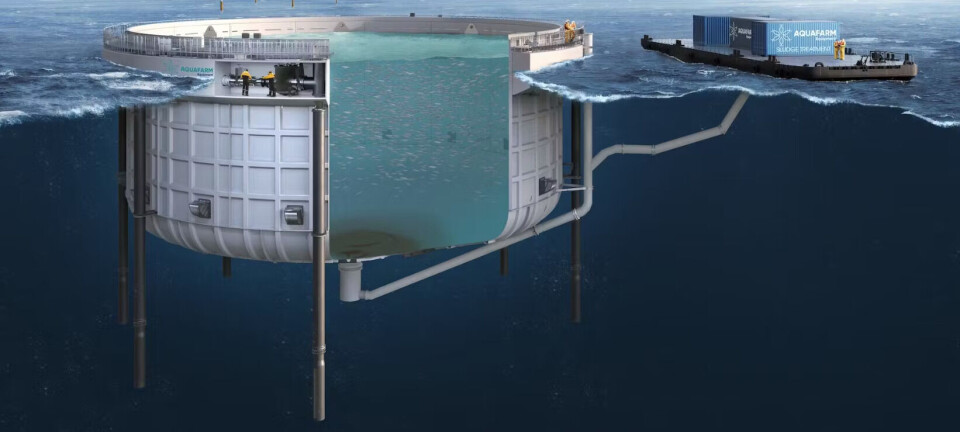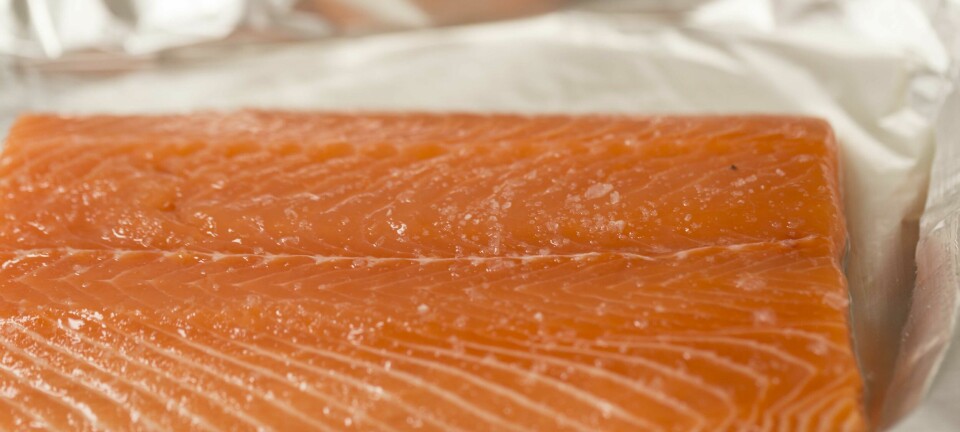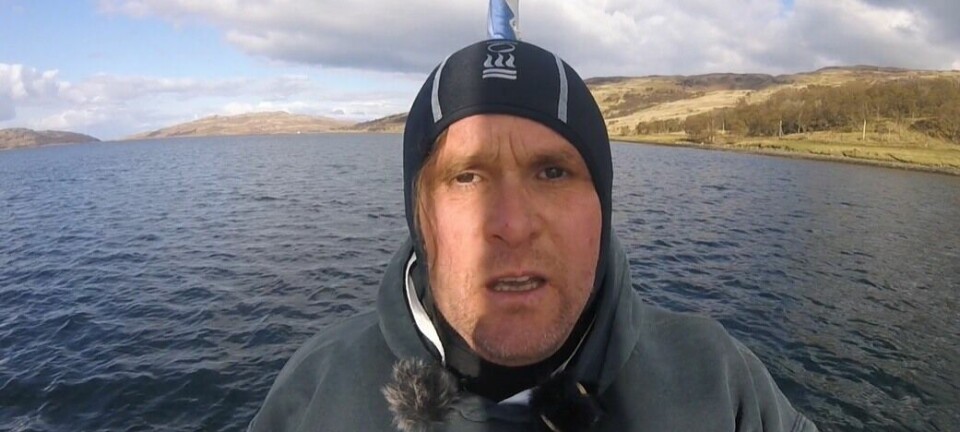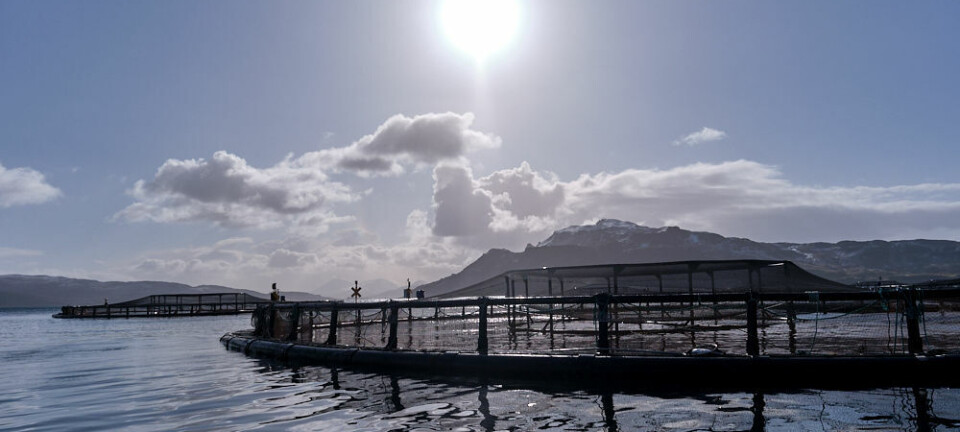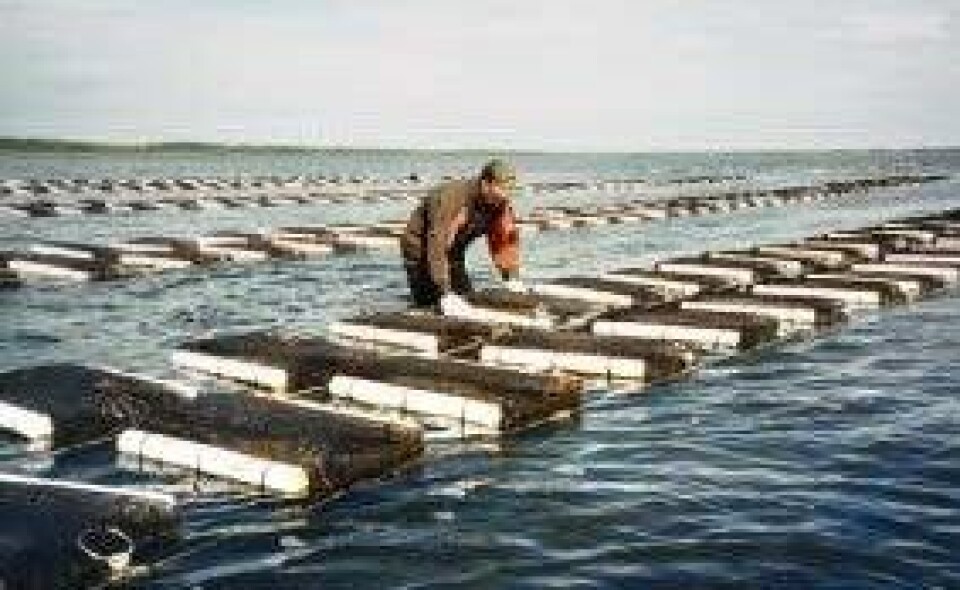
B.C. politician in hot water over aboriginal aquaculture
Odd Grydeland In British Columbia, there are essentially two political parties of any significance on the provincial scene- the ruling Liberals and the New Democratic Party (NDP) which is currently “The Opposition”. Under B.C. political rules- The Opposition is tasked with the almost automatic job of going against anything that the ruling party proposes. This is a system that causes automatic friction amongst the political leadership of the province, and is not conducive to good government. No matter how good an idea the governing party comes up with, it is almost always rejected by The Opposition.Since the currently governing Liberals have historically been in favour of sustainable aquaculture and fish farming, the NDP has therefore been opposed to this activity- a position largely hidden behind a policy where the party is insisting on the wholesale adaptation of some form of a mandatory switch to closed containment fish farming, without any details of what this would look like.And now the Campbell River area NDP member of the Provincial Legislature is also questioning the application of a local First Nation (as individual aboriginal bands are called) for a shellfish aquaculture operation, using modern equipment. According to a December 29 article in The Campbell River Mirror, North Island MLA Claire Trevena is worried that the Cortes Island Klahoose First Nation’s plans for a shellfish farm could bypass the authority of the regional district. “In effect, the Klahoose is saying that it will not respect the regional district’s authority over zoning and it will only operate under the interim accommodation agreement with the province,” she wrote in a Nov. 17 letter to Bill Bennett, minister of community and rural development. The problem for aquaculture developers in the Campbell River area is that the local regional district has taken upon themselves to enact a zoning bylaw that forbids active aquaculture anywhere, and therefore a proponent of a shellfish or finfish farm in the ocean has to apply for a rezoning for the site in question. This rezoning process then involves “public consultation”, which usually results in meetings in remote areas, most often mainly attended by opponents of aquaculture or any other form of industrial development. In a Letter to the Editor of the same Campbell River newspaper this week, Chief Ken Brown of the Klahoose First Nation fires back at the local NDP MLA;“…it was sadly disappointing to read that, yet again, our MLA Claire Travena continues to persist with false and misinformed accusations about the legitimate economic and social aspirations of the Klahoose First Nation on Cortes Island. ..Trevena continues to perpetuate the eco-colonialist myth that any industrial activity is incompatible with being a First Nation. I can tell readers that this nonsense, so typical of what we have seen from the NDP over the past number of years, will lead to a continued economic and social divide between our communities. The Klahoose have been stewards of the land and water in this area for thousands of years- and we will continue well into the future.The NDP has also been publicly opposed to the development of hydro-electric power, another area of economic development promoted by the governing Liberal Party, and which is seen by many First Nations- including the Klahoose- as an appropriate use of natural resources.



